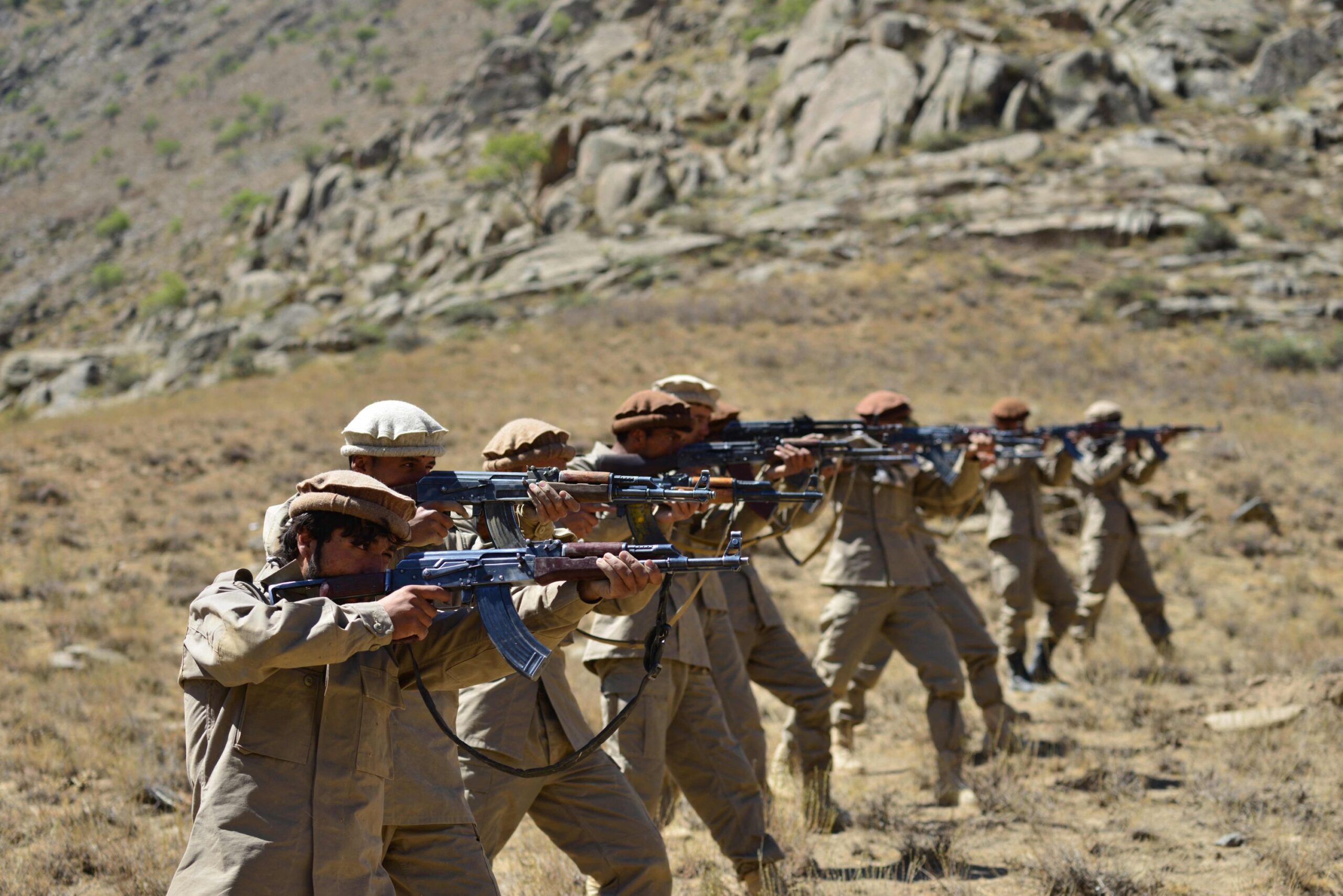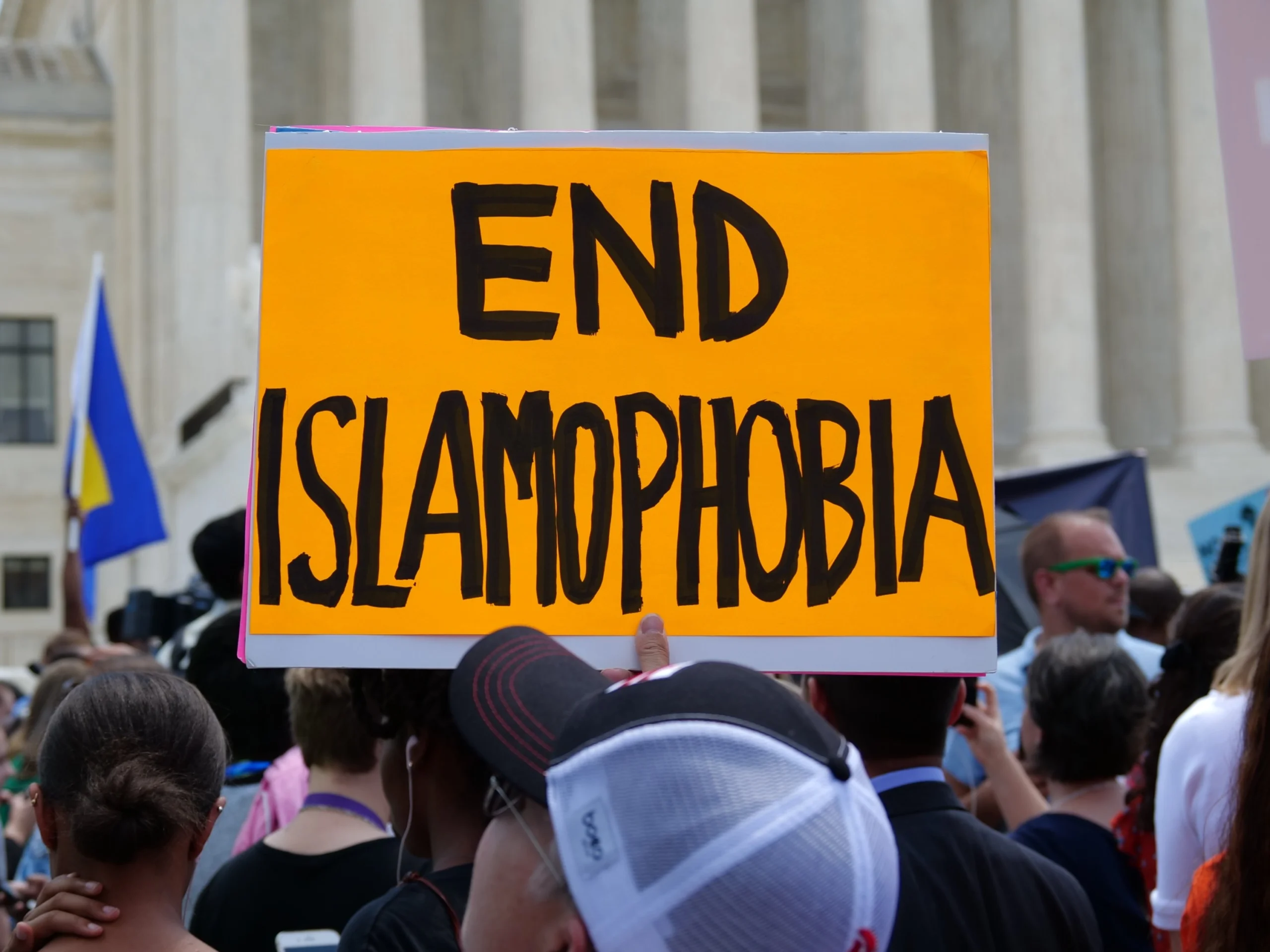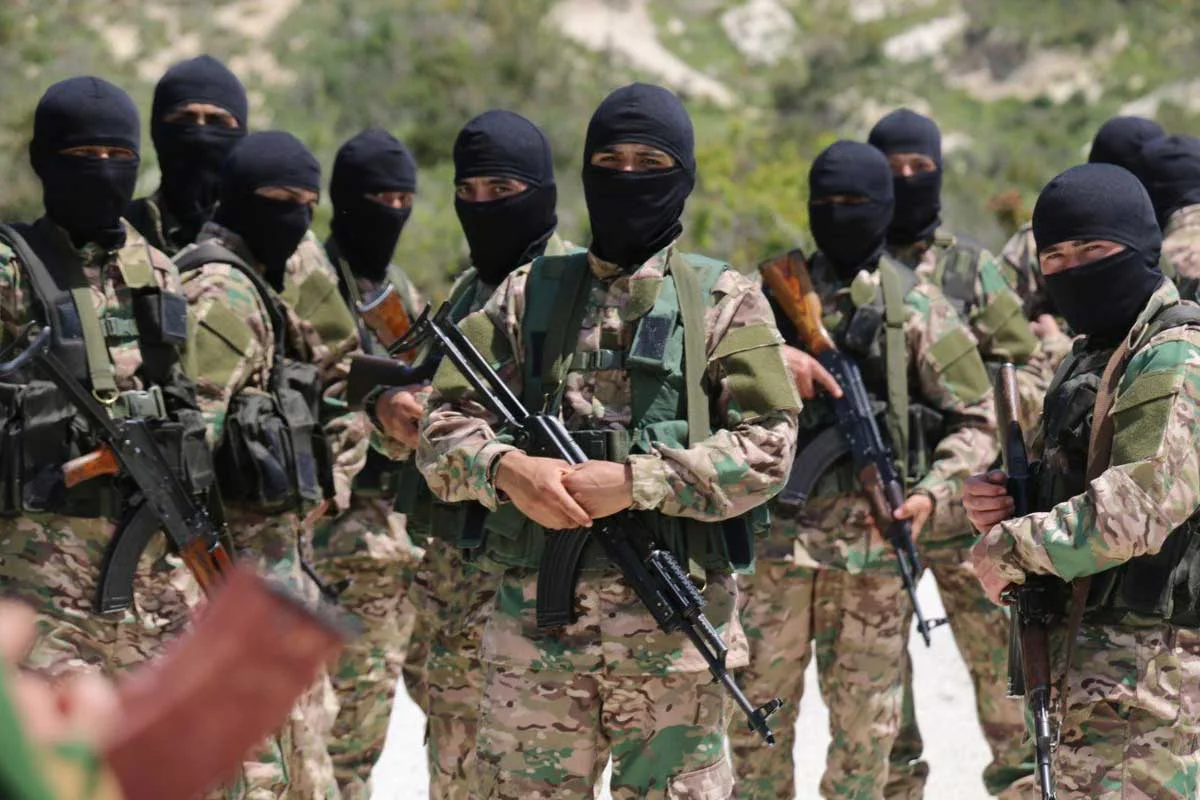Today marks the second day of the seven-day polio immunisation campaign in Pakistan. The country is all set to vaccinate 45 million children under the age of five in a nationwide anti-polio drive. The campaign is more than just the distribution of vaccines; it is a decisive step toward a healthier, polio-free generation.
Despite notable progress, Pakistan remains one of the two countries in the world, alongside Afghanistan, where polio still poses a serious threat.
While Pakistan has made significant progress in terms of eradicating polio, the issue persists in many areas of the country. As of late October 2024, Pakistan reports 41 polio cases, a stark rise compared to six cases in 2023, 20 in 2022, and only one in 2021. Similarly, neighbouring Afghanistan has documented 18 polio cases in 2024, primarily in the south, highlighting the regional challenge to eradication.
This year’s third national campaign responds to the alarming resurgence of wild poliovirus type 1 (WPV1), signalling Pakistan’s commitment to address this health crisis. Prior to this resurgence, Pakistan—with its population of over 240 million—was on the cusp of eliminating polio entirely, recording historically low case numbers over the past few years. However, this progress has been compromised by persistent barriers, notably vaccine misinformation.
Also See: Mpox Outbreak: Global Crisis and Pakistan’s Wake-Up Call
The Misinformation Barrier
A primary obstacle to polio eradication in Pakistan is widespread misinformation, often propagated by hardline clerics and the terrorist groups, including the Tehreek-e-Taliban Pakistan.
These groups falsely claim that polio vaccines are part of a Western plot to sterilise the population. This conspiracy theory gained traction after a CIA-led fake vaccination campaign in 2011, designed to gather intelligence on Osama bin Laden, which eroded public trust in health initiatives. In addition, such misinformation has raised security concerns for health professionals tasked with vaccination efforts. In the past, these concerns have caused delays and fragmentation in campaigns, resulting in missed immunisation opportunities and leaving children vulnerable.
The lingering skepticism has resulted in a daunting environment for health professionals involved in the Polio immunisation campaign in Pakistan, with at least 15 fatalities among police and healthcare workers in 2024 alone, including the October 29, 2024 attack on a polio vaccination team in the Orakzai Agency’s Dabori area, indicating the risks faced by teams in these campaigns.
Although recognizing the urgency of countering these misconceptions efforts are made including mobilising local religious leaders, tribal elders, and community influencers to champion vaccination, which significantly increases acceptance within sceptical communities. When trusted local figures endorse the campaign, they lend credibility, reshaping narratives around the vaccine’s safety and efficacy.
Tackling Accessibility and Security in Remote Areas
Another pressing challenge is ensuring accessibility in marginalised and underserved areas. Health workers face immense logistical hurdles to reach Pakistan’s rural and remote regions. Expanding the campaign’s reach by utilising innovative approaches, such as mobile health units and leveraging digital technology for real-time tracking, could greatly enhance coverage.
Broader Implications for Pakistan’s Public Health Landscape
Pakistan’s failure to eradicate polio will not only be a health mismanagement but a failure in terms of ignorance eradication.
A collaborative approach that involves local leaders, religious scholars, and community influencers is crucial to countering this scepticism. When local leaders advocate for the campaign, communities are more likely to embrace it.
Successful vaccination is more than just a polio eradication campaign; it has broader implications for public health in Pakistan. It strengthens the nation’s immunisation infrastructure, enhances public health surveillance, and prepares the health sector for future challenges.
The eradication of polio is not a distant dream but a tangible goal within reach. This campaign is a step closer to a Pakistan where polio is finally a memory, not a menace.

![A health worker administers polio vaccine drops during a door-to-door Polio immunisation campaign in Pakistan, June 2024 [Image: Shahzaib Akber EPA-EFE]](https://southasiatimes.org/wp-content/uploads/2024/10/4405436-1804278517.webp)




